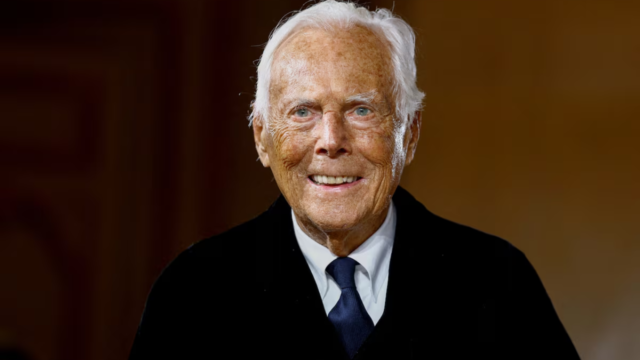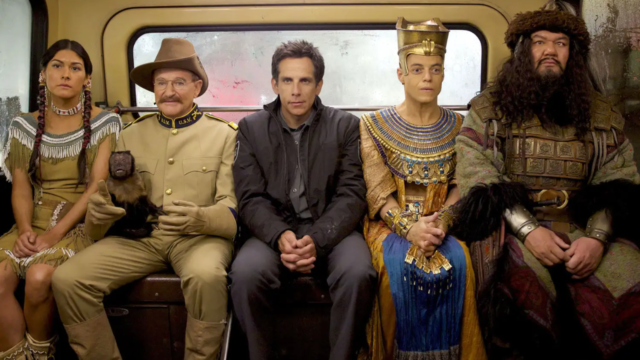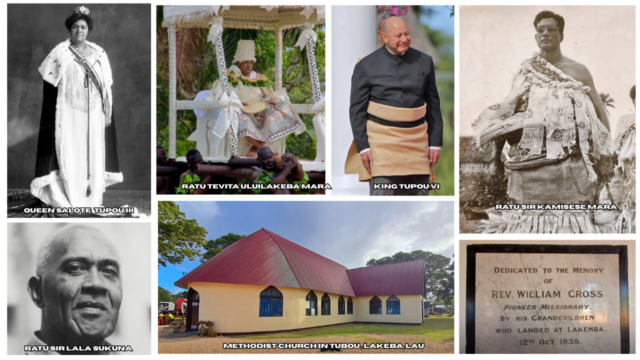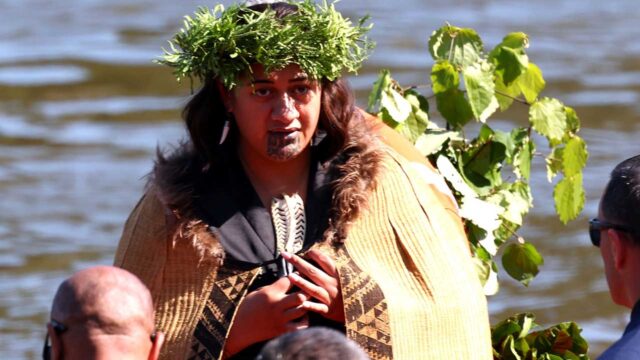
[Source: CNN Entertainment]
Dean MacNeil couldn’t eat. Couldn’t sleep. He was on emotional autopilot because something “tore a hole in the soul of my family and me.”
It was the summer of 1991, and MacNeil had taken a road trip from Connecticut to Vermont with his younger brother, Scott. They hiked, jet-skied and spent much of the time listening to Scott’s favorite musician, reggae superstar Bob Marley.
A couple of weeks after the trip, a phone call came at midnight. Scott had been killed in a car accident. He was a passenger in another teenager’s car when it slammed into a tree. He was on his way home from a reggae concert. MacNeil was devastated.
He found refuge, though, in Marley’s music. He started listening to Marley’s songs again and discovered something: Biblical verses were scattered like gems through virtually every one of them. The lyrics weren’t just nods to the Bible but lengthy scriptural quotations that called the listener to believe that no matter what kind of “changes” and “rages” they were experiencing, they could “never be blue,” as Marley says in “Forever Loving Jah,” a nod to the Rastafarian religion’s name for God.
“That accident really sent my sister, mom, dad and myself into a tailspin,” MacNeil says today. “But Bob Marley’s music is what got us through. It helped us deal with the grief and the despair by listening to these messages of hope and perseverance. I went to the classroom of Bob Marley, because my very survival depended on it.”
MacNeil found new meaning in the Marley adage: “You never know how strong you are until being strong is your only choice.” He started leading Bible studies at his church and completed a master’s degree in theology. He also became a musician and author of a book, “The Bible and Bob Marley: Half the Story Has Never Been Told.”
Today, as Marley’s life is celebrated in a new hit movie, MacNeil and others make a bold claim: Marley’s spiritual impact is as significant as his musical legacy. The two are, in many ways, inseparable. These Marley fans and scholars say it’s time to stop glossing over or editing out Marley’s “subversive spirituality.”
That’s not the typical message about Marley’s legacy that his fans get today. Since Marley’s untimely death in 1981, he has been defined as a musical icon.
His smiling visage adorns T-shirts, bags, key chains, scented candles, lip balm, iPhone cases and posters in college dorm rooms. His album, “Exodus,” was selected as the best album of the 20th century by Time magazine. His song, “One Love” was named the song of the century by the BBC. Some critics even say Marley was the most influential songwriter of the 20th century.
This is the version of Marley that primarily appears in the current hit film, “Bob Marley: One Love.” It offers a glimpse into Marley’s life in the late ’70s, when he became a symbol of reconciliation in his home country of Jamaica.
But there’s another reason why many people don’t see Marley as a religious figure. There’s a less savory aspect to his personal life that the current film only touches on: Marley was a married man who reportedly fathered at least 11 children, some of them outside of his marriage to Rita Marley.
So how can a man who fathered illegitimate children and smoked marijuana be considered a holy man?
The answer can be found in the way that Marley lived and died. Start with his music. His musical career began and ended with a Biblical verse.
Marley would often start concerts by reciting Biblical passages, MacNeil says. His first published song, “Judge Not,” recorded when he was 17, was based on Matthew 7:1 — a passage in which Jesus warned his followers to “Judge not, that ye be not judged.”
The last track on his final album was “Redemption Song” (“How long shall they kill our prophets while we stand aside and look?”). It was based on Luke 13:34, (“Jerusalem, Jerusalem, you who kill the prophets and stone those sent to you”).
Marley invented a new species of musician: the holy rocker. Other musicians like Bob Dylan and Johnny Cash sang about their faith. But none cherished the Bible like Marley. Several biographers have noted that while on tour, Marley would often withdraw to a secluded spot on his bus to ponder scripture. He would then return to the rest of his bandmates and debate — not over women or song credits — but the meaning of biblical verses.
There are classic stories of musicians who were inseparable from their instruments. Jimi Hendrix supposedly slept with his guitar. Marley had the same attitude toward his Bible.
Goldman says that Marley never went anywhere without his weathered King James Bible, which had a photocopied portrait of the Lion of Judah in full regalia pasted on the cover, and photos of Haile Selassie I, the former emperor of Ethiopia, on the inside cover. Rastafarians consider Selassie, who died in 1975, as the second coming of Jesus, a Black messiah.
For some, God and the Bible are symbols of oppression. Both have been used to justify slavery, homophobia and imperialism. But Marley saw God as a liberator, a deliverer from political and personal oppression.
In his song “Exodus,” he sang: “Jah come to break downpression, rule equality, wipe away transgression, set the captives free.”
MacNeil says it’s almost impossible to listen to any Marley song without bumping up against the Bible. He examined 83 Marley songs and identified 137 Biblical references, comprised of 39 quotations and 98 allusions.
Marley’s song, “Forever Loving Jah,” is a prime example. When Marley sings, “Because only a fool lean upon his own misunderstanding,” he’s quoting a scripture from Proverbs 3. And Marley’s album “Exodus” is named after a famous book in the Bible, revered by Jews and Christians.
Stream the best of Fiji on VITI+. Anytime. Anywhere.









































































































































































































